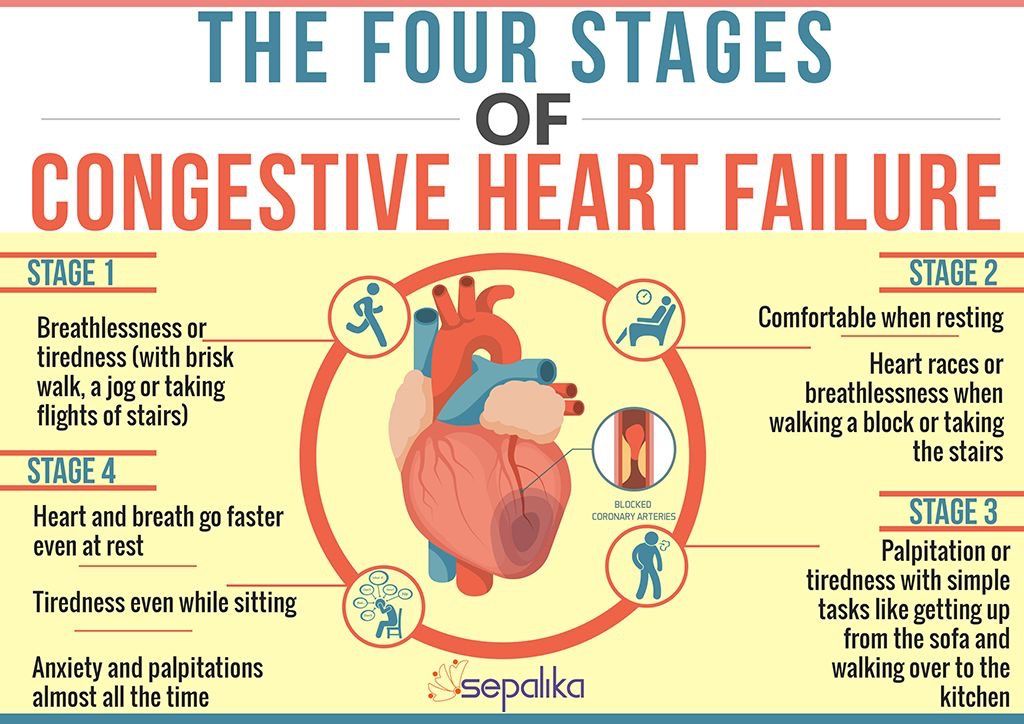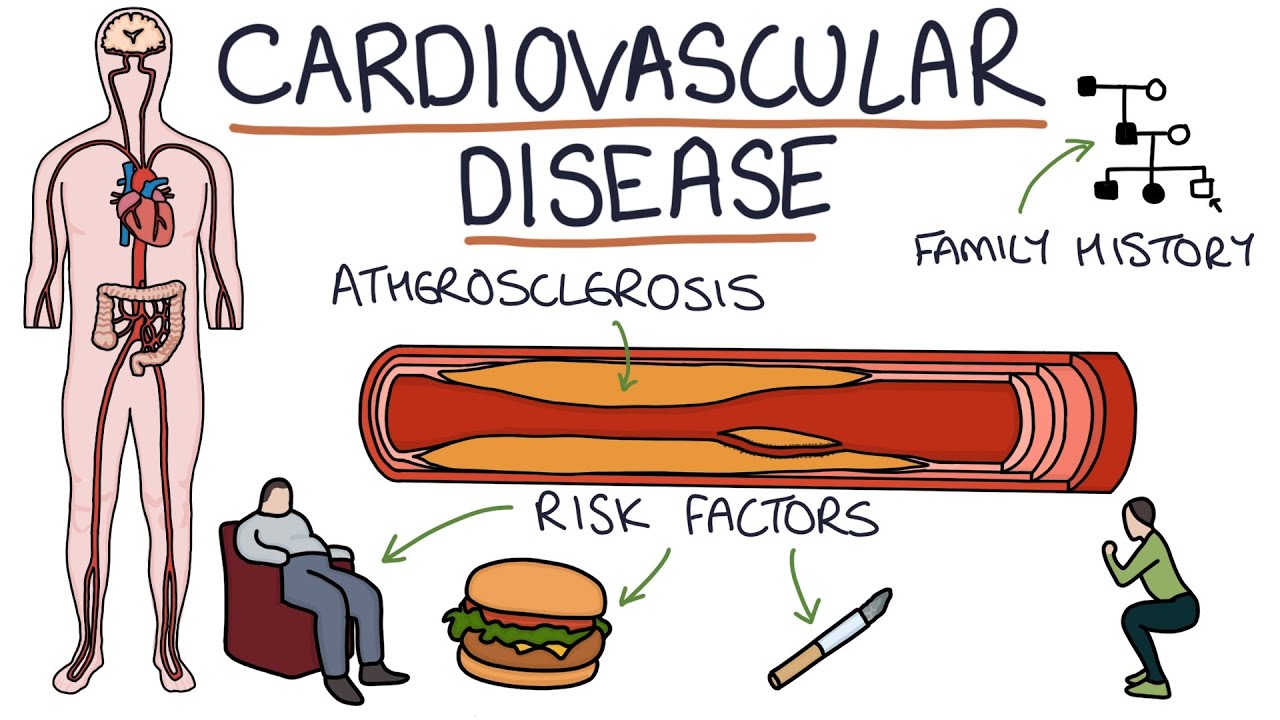
If you're experiencing any of the following cardiovascular disease symptoms, you may need to seek medical attention. Some of the more common problems include ventricular tachycardia, which causes irregular heartbeats and ventricular fibrillation, which causes electrical impulses to be chaotic and deadly within minutes. Some of these conditions can be genetic or the result of certain medications. Other symptoms may include a loss of feeling of energy and fatigue.
Some of the more severe types of cardiovascular disease include angina, which is chest pain or discomfort. It may also cause pain in the arms, left shoulder, neck, jaw, and leg. Shortness of breath, a decrease in energy, and irregular heartbeat can also be signs of this disease. In some cases, the patient may need to undergo invasive procedures to open blocked arteries. A physician will be able to determine which symptoms are most severe.
A stroke is another common cardiovascular disease symptom. This type of stroke occurs when arteries supplying blood to the brain become blocked. As a result, the brain tissue begins to die within minutes. Cardiac arrhythmias can also lead to sudden cardiac arrest, which causes the heart to stop beating and cause death. The sooner you treat a heart attack, the greater your chances of surviving. If these symptoms persist, you should see your doctor immediately.
Some symptoms of CAD may be so severe that they require immediate medical attention. A person experiencing these symptoms should call 911 and seek medical attention immediately. If they have not yet encountered this problem, they should consider these new conditions as a heart attack. If you've already had a heart attack, treat new symptoms accordingly. And if they appear on their own, consult a doctor for treatment. It's better to be safe than sorry.

Angina pectoris is the most common symptom of cardiovascular disease. This is a type of heart disease that leads to a heart attack. People with this condition often experience shortness of breath, dizziness, and chest pain. In severe cases, this can lead to death. Your doctor will be able to prescribe medication to relieve discomfort. However, if you experience any of these symptoms, you should contact your doctor immediately.
Angina pectoris is the most common symptom of cardiovascular disease. This is chest pain that may be accompanied by pain in the arms and shoulders. People with heart failure may experience irregular heartbeats. Heart failure diagnosis is also possible and you should seek medical attention immediately. The earlier you are diagnosed with this disease, the better your chances of survival. If your blood tests are normal, you are fine. If you have high cholesterol, your doctor will likely recommend that you take a C-reactive protein test and visit a health website https://www.prende.org.mx/.
Other cardiovascular disease symptoms include chest pain, nausea, and fatigue. If you have chest pain, you should call 911. It doesn't have to be intense – you could be experiencing mild discomfort. It's important to call a doctor if it is severe. While chest pain may be a sign of a heart attack, it may be a warning sign of angina, which is a type of chest pain caused by inadequate blood flow in the heart.
Angina is the most common type of cardiovascular disease symptom. Symptoms include pain in the chest, shortness of breath, and other heart conditions. Patients who have angina may also experience pain in their left shoulder, neck, and jaw. They may also experience irregular heartbeats and chest discomfort. Some cardiovascular disease symptoms can be treated with medication, but some people will require invasive procedures. If you suspect any of these signs, you should see a doctor immediately.
The most common cardiovascular disease symptoms are chest pain and aortic dissection. These conditions can occur in the heart, lungs, and the aorta. Additionally, some people may experience chest discomfort and shortness of breath, which are all symptoms of coronary artery disease. Some of these people can have angina because of other conditions such as peptic ulcers. If you experience any of these heart conditions, it's important to seek medical attention immediately.